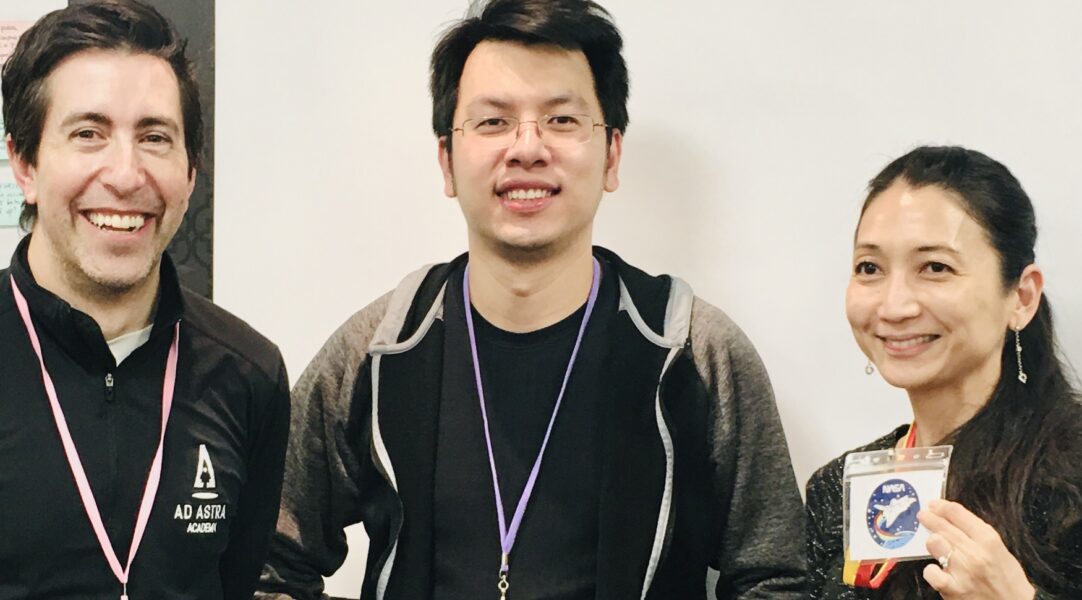The answer to the age-old question, “is there life on other planets?” now involves one of Newman’s biology professors.
Or at least, it might.
Tomoko Bell, Ph.D., assistant professor of biology, was a part of a select group of 30 professors and scientists handpicked by the National Aeronautics and Space Administration (NASA) to meet in Colorado, to discuss how to find life in our solar system.
Bell has always been interested in science and had a childhood dream of working with NASA.
“I remember when I was in middle school, I loved science and bought this NASA book,” Bell said. “And now I got to spend three days with humble, smart, really great people (through NASA). Words cannot describe how thankful I am that NASA sent me to their ideation lab.”
“Everybody there had different specialties,” Bell said. “There were mathematicians, chemists, biologists like me and also physicists.”

In what NASA coined the “ideation lab,” the 30 individuals were broken up into small groups in a hotel conference room to intensely brainstorm together to try and answer the big question.
A month later, a few groups’ proposed research projects were selected for the invite status to apply for NASA grant
Legally, Bell cannot share what her or other groups worked on; but she was able to divulge that her trio’s idea was unfortunately not chosen this time around. However, she is blessed for this new collaboration and thrilled to re-strategize their idea to submit a grant.
Bell’s small group consisted of herself, Jeffrey Marlow, Ph.D., a biology professor from Boston University, and Tuan Vu, Ph.D., from NASA’s Jet Propulsion Laboratory, a leader in robotic space exploration (like sending rovers to Mars or probes to the farthest reaches of the solar system).
“We isolated ourselves from our typical daily routines and just immersed ourselves into the creative environment,” Bell said. “We didn’t have to use the internet, it was more discussion-based, and I think focusing on human relationships can create really solid ideas.”

Bell’s specialty is in microbiology, specifically in very isolated places on Earth.
“I think if we can find life, that’ll be something like little creatures moving around, being quiet. Something like bacteria,” Bell said. “It was really an eye-opening experience for me.”
It was really an eye-opening experience for me.
Tomoko Bell
Bell wanted to ensure her Newman students learned something from her anecdotal experience.
“I want to bring back to my classroom the importance of discussion and interaction with your classmates rather than just studying textbooks,” Bell said. “I want my students to know they have the potential to be the change to create new pages in the textbook.”
Bell’s emphasis on classroom discussion is going digital, as well: She has started a blog for Newman’s biomedical graduate program.
“It will be a good place for online students to meet fellow classmates,” Bell said. “I am hoping it will be a place where students, faculty, and graduate medical professionals can all be connected.”
Apply to Newman University
Experience a super-charged student support and success program designed to help you thrive in a rapidly changing world at Newman University.

